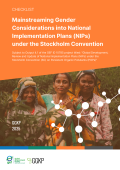
This checklist guides the integration of gender into NIPs under the Stockholm Convention, outlining key entry points and step-by-step approaches for gender-responsive hiring, procurement and training.
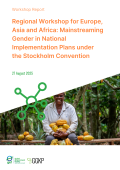
This report summarizes a Europe-Asia-Africa regional workshop on integrating gender into Stockholm Convention National Implementation Plans, highlighting how gender influences chemical exposure and identifying practical ways to strengthen gender-responsive chemicals management in NIP updates.
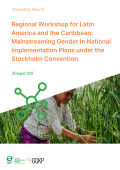
This report summarizes a regional workshop in Latin America and the Caribbean that examined gender-differentiated POPs exposure and identified practical ways to embed gender equity into future NIP updates under the Stockholm Convention.
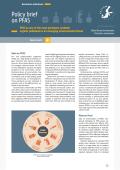
This policy brief addresses growing concerns around PFAS, a group of highly persistent synthetic chemicals used in industrial and consumer products.
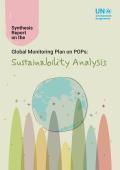
This report assesses the long-term sustainability of the Global Monitoring Plan under Article 16 of the Stockholm Convention, which supports global data collection to evaluate progress in reducing exposure to persistent organic pollutants.
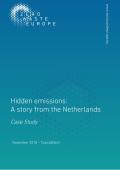
This case study analyzes persistent emissions of dioxins and other unintentional POPs from the Reststoffen Energie Centrale waste incinerator in Harlingen, the Netherlands.
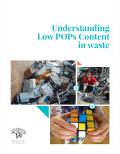
This factsheet explains the concept of Low POP Content Levels (LPCLs), which defines threshold concentrations of POPs in waste materials. If exceeded, these thresholds require waste to be treated through destruction or irreversible transformation under the Stockholm Convention.
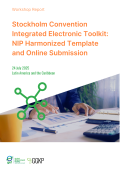
This report summarizes a Latin America–Caribbean workshop on the Stockholm Convention’s Integrated Electronic Toolkit, highlighting its role in NIP preparation and key implementation challenges.
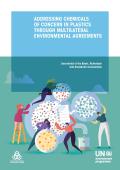
This report examines how the existing global regulatory architecture governs chemicals of concern in plastics, with particular attention to the role of established multilateral environmental agreements such as the Basel, Rotterdam and Stockholm conventions.
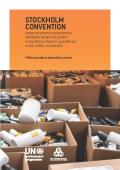
This document aims to strengthen Parties’ implementation of the Stockholm Convention by providing practical guidance for identifying persistent organic pollutants in materials, products and wastes.


